Africa Journal {WE HAVE FAITH CARAVAN} Day 4 | Edmonton & International Photographer
Day number four, you are a special one! My first time outside of Nairobi, the capital of Kenya, or off the University Campus. This day was so especially spectacular and adventurous that I have decided to spread it into two parts. So here comes Part One:November 5, 2011 | Nairobi, KenyaDay #4- The last few days have been filled with overwhelming information sessions, and although interesting they are not quite enough to keep a writer, videographer and photographer interested for 3 straight days. We need to get out there!! We need to see for ourselves what is going on, not only that, we need to show others. So we left the meetings at the convention center to search for some local stories. We started off by visiting the elephant orphanage just down the street!! From the moment we drove in I was in love...The orphanage is called the David Sheldrick Wildlife Trust, and they work very hard to protect the endangered species of elephant and black rhino. Sadly, I think it is fair to say that most of these animals are dying because of mankind; the majority from poaching and the remainder from drought, an increasingly serious problem in Africa. It is hard to believe that such massive, graceful, INCREDIBLE creatures could be destroyed because of our greed and laziness. Here is a little excerpt from an interview Ruth did with Lusichi, one of the orphanage's main men (and pictured below):We Have Faith Media: What motivated you to pursue a career in conservation and animal protection?Lusichi: I think it’s a responsibility because we are God’s creatures. He gave us charge over the animals, so it is our responsibility to offer them every protection. It is unfortunate that it is human beings who cause elephants to be orphaned. We need to come to our senses. God commands us to take care of the animals.We Have Faith Media: How do most elephants become orphans?Lusichi: Increasing human population, ivory trade and drought. Drought has affected lots of animals, including the females who have young ones. We used to be able to tell the seasons—when it would rain and when it would be dry. Lately, you cannot tell the climate.We Have Faith Media: Population growth and natural disasters are complex problems that require comprehensive solutions. Is there anything simple that people can do now to help protect Africa’s elephants?Lusichi: Stop buying things made from ivory, including rhino horns. Then the poachers would not have a market.(check out the rest of the story at www.climatecaravan.com)My goodness, after you see how crazy textured their skin is and how intelligent there eyes are, it is hard not go all environmentalist on you, haha. But seriously, every little bit helps. So I hope as you look at the pictures of these amazing animals and people you might consider how your actions affect the animals, people and environment around you. ENJOY!!Truly,Karmen 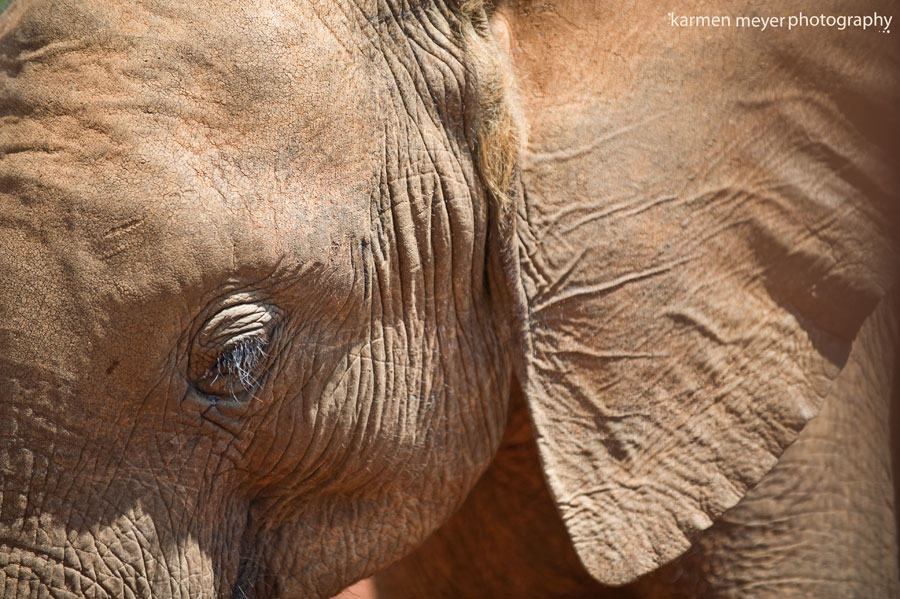
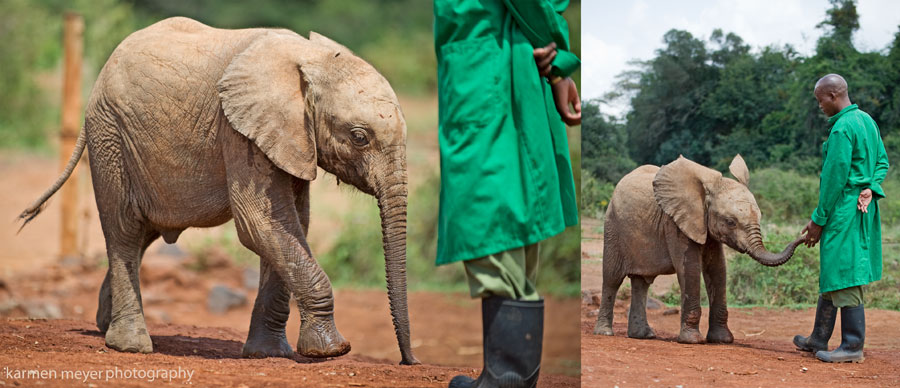
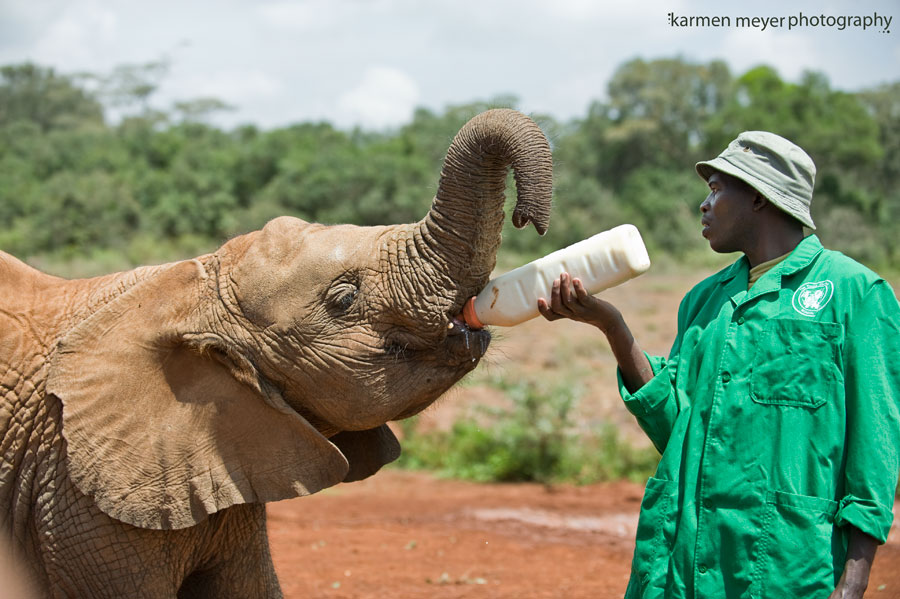

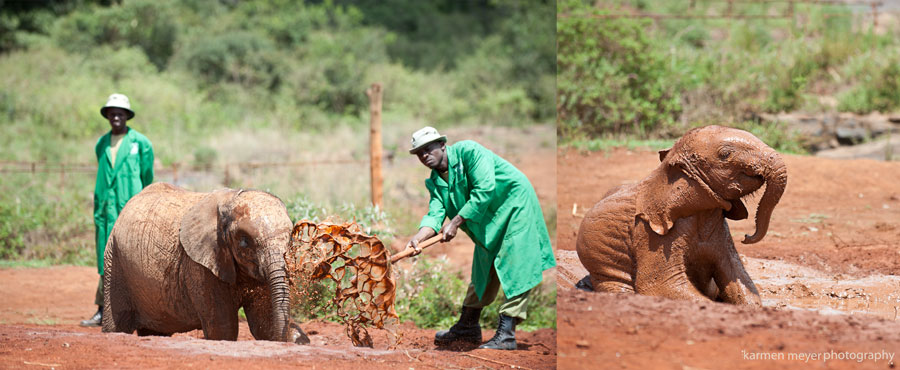
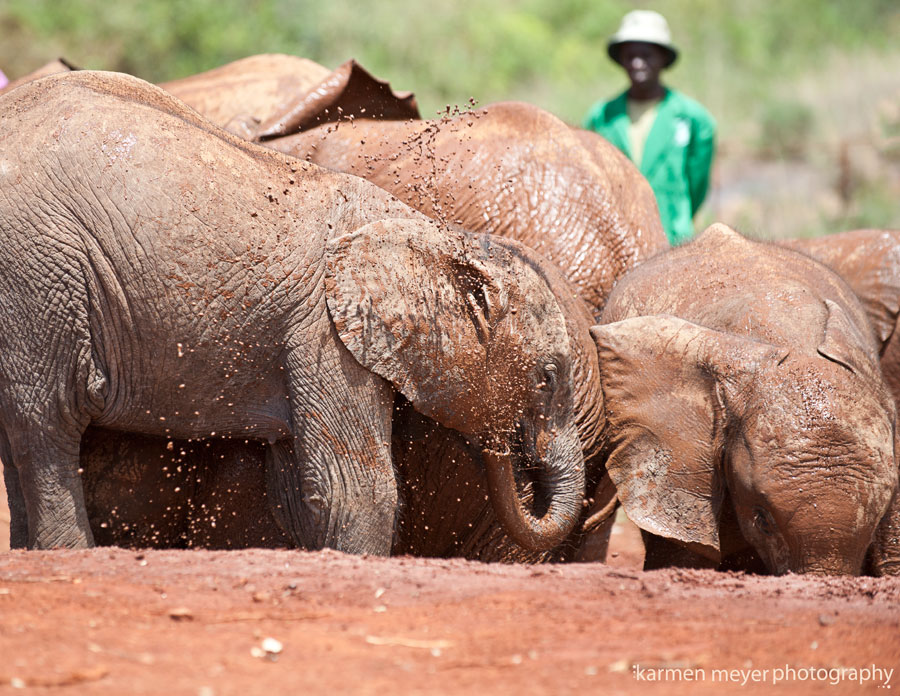
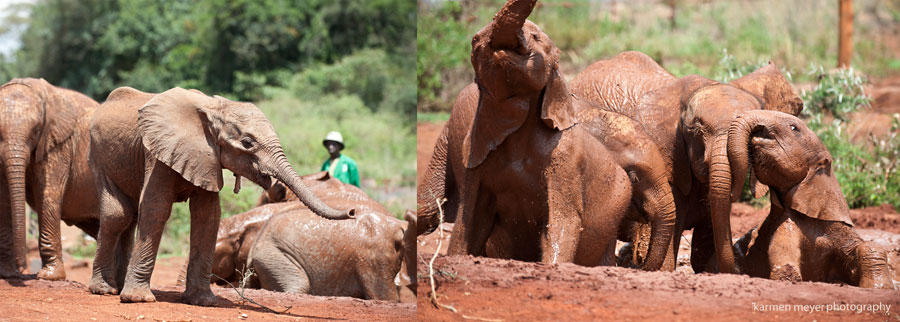
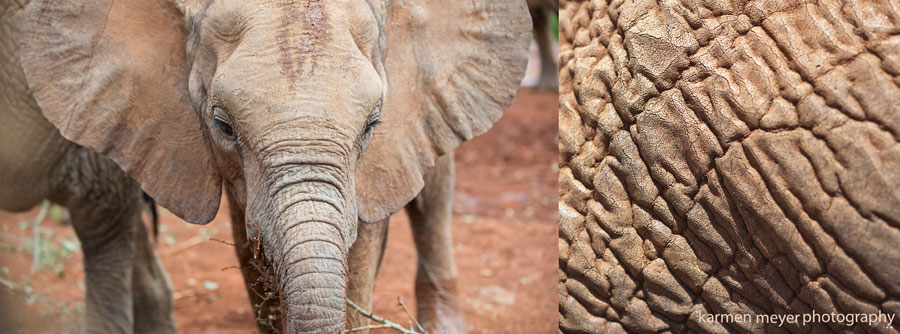

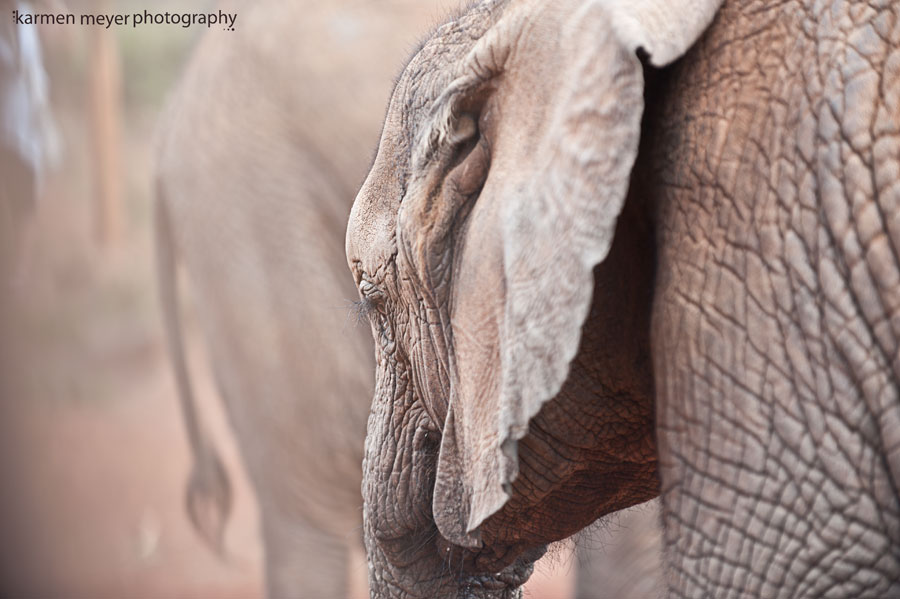
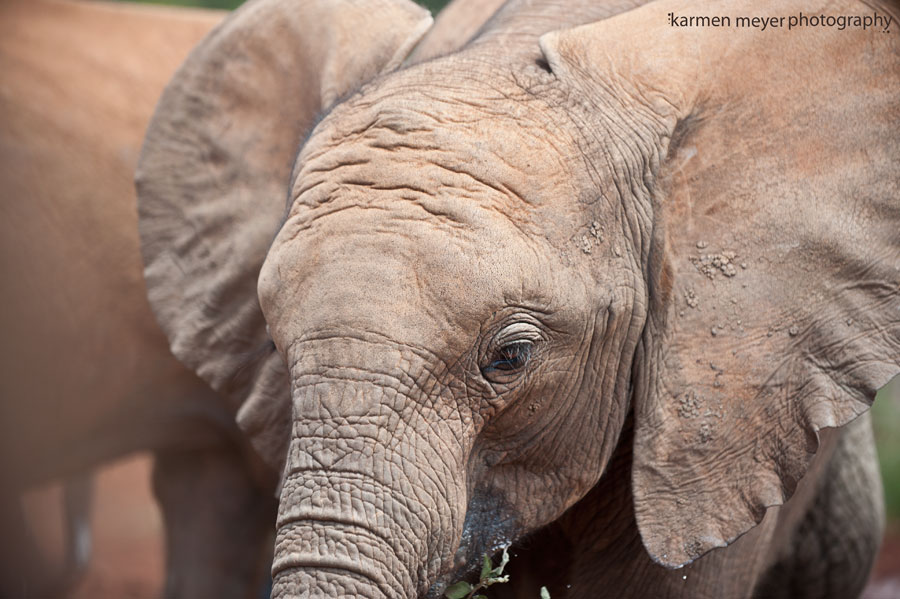
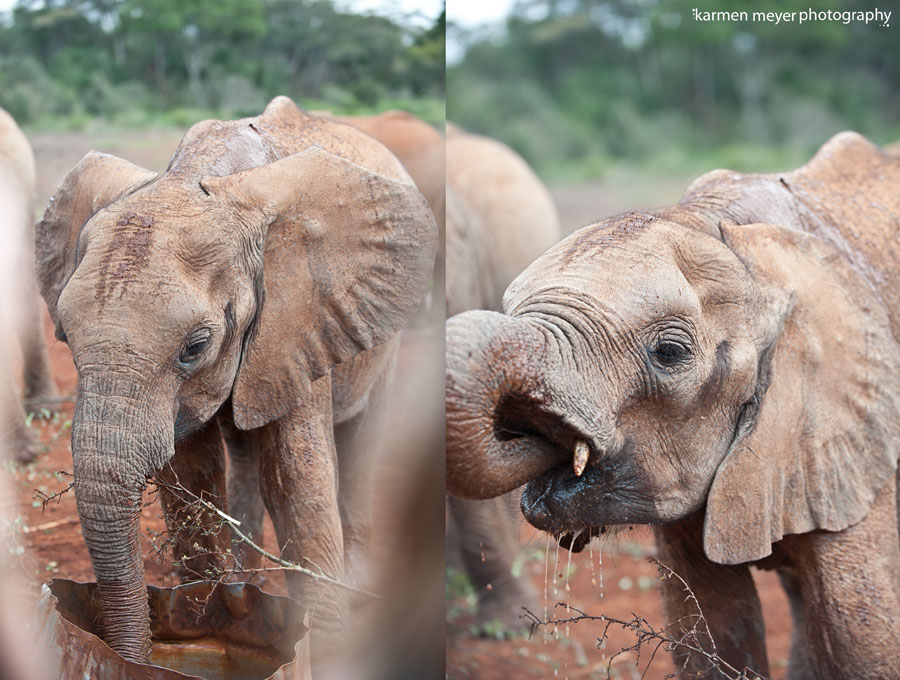
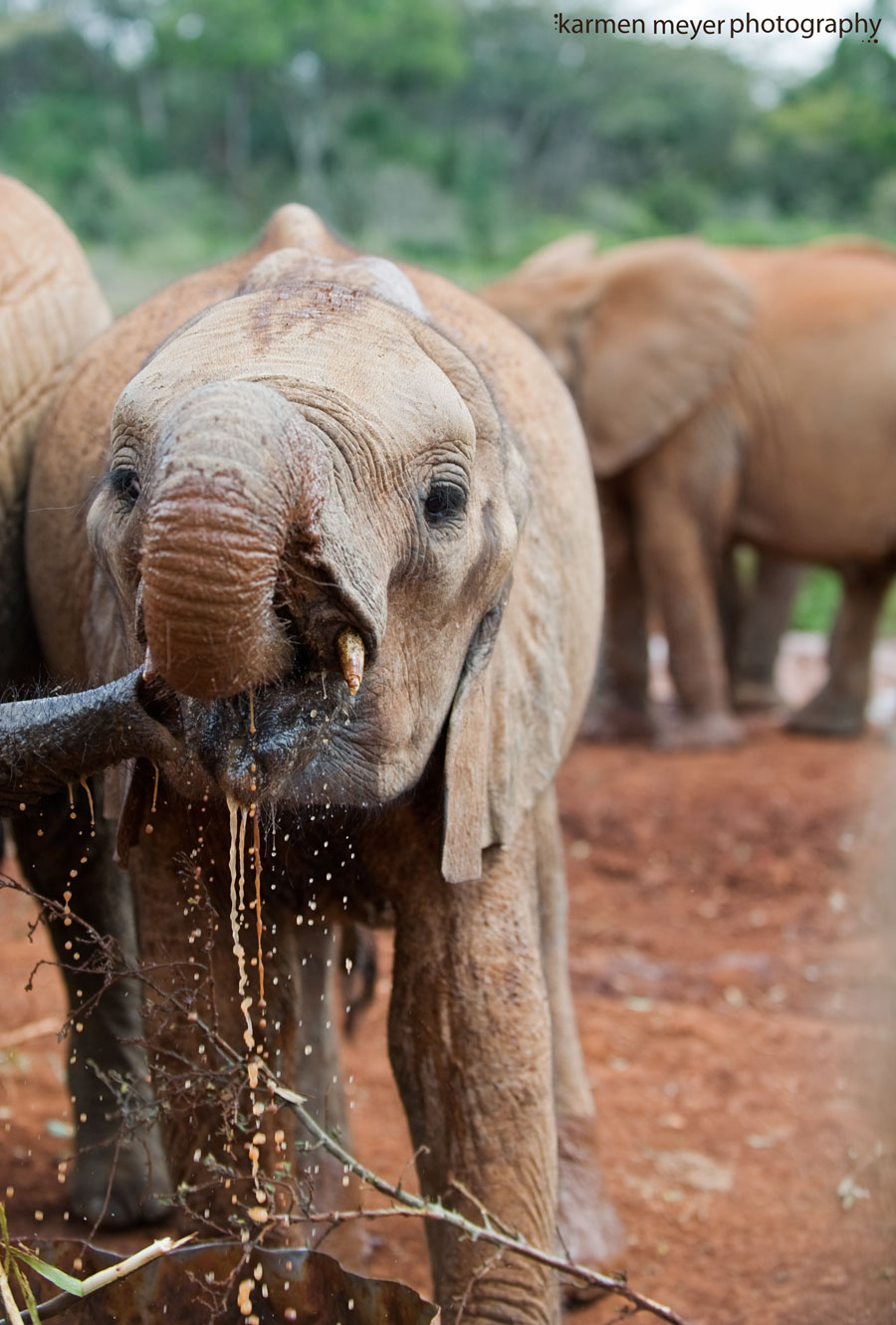
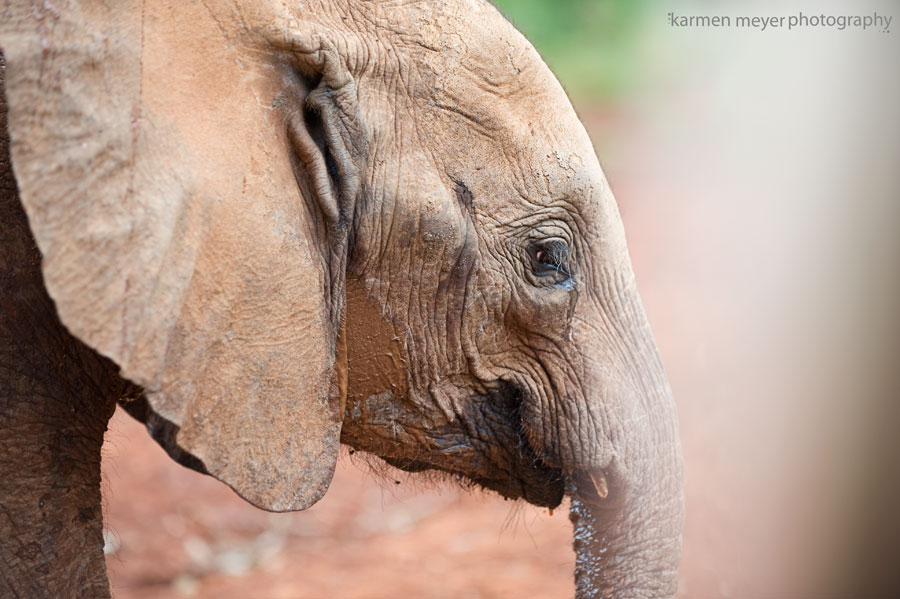
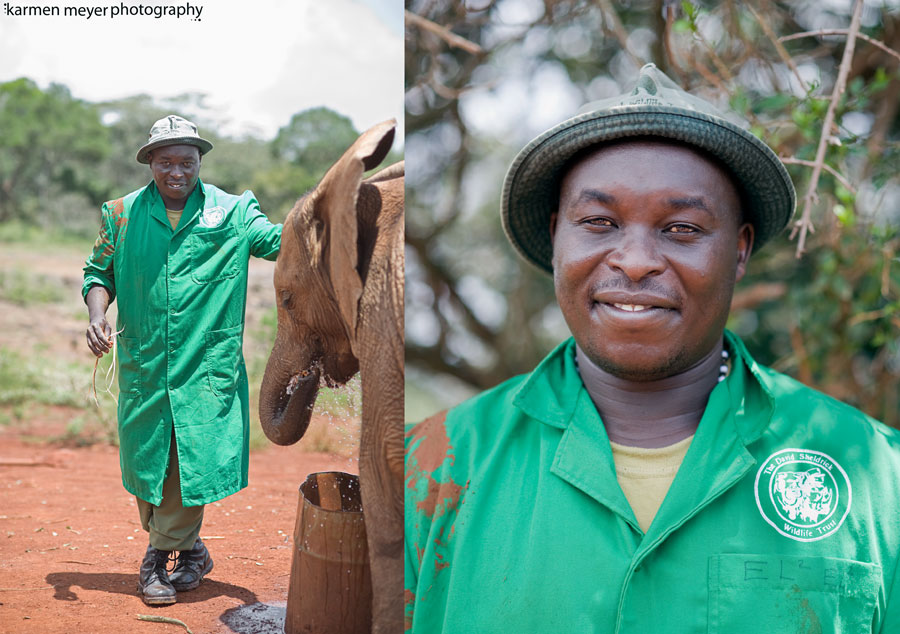
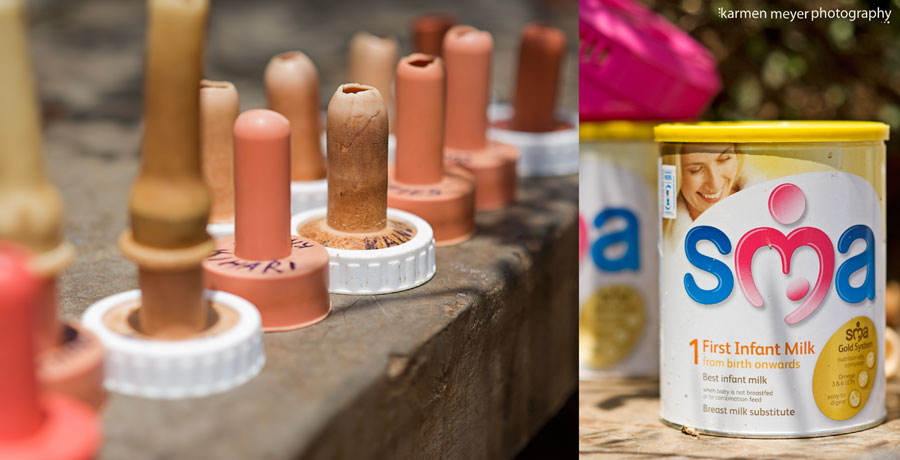
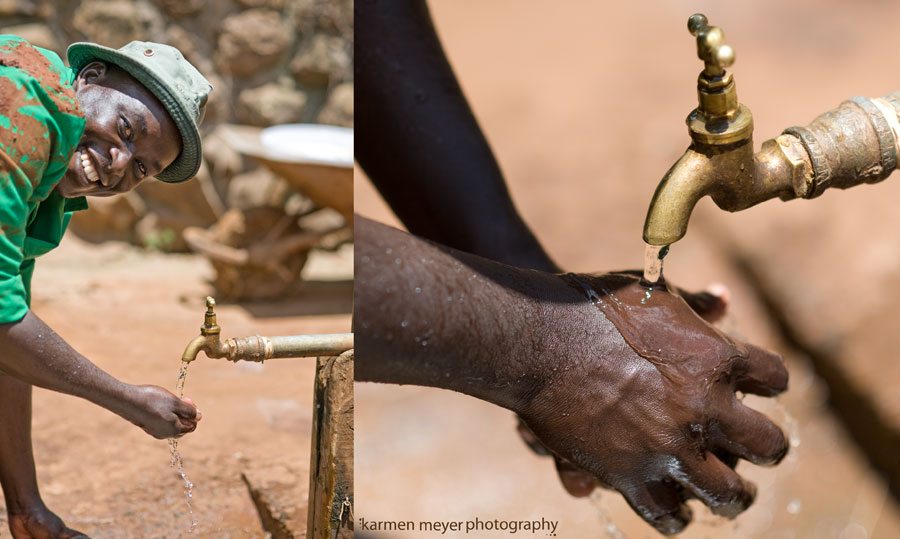
© Karmen Meyer Photography 2012. All images are property of Karmen Meyer.
kmeyerphotography.com….. kmeyerphotography.com/blog….. Twitter.com/KarmenMeyer
*if you would like to know more about my products and packages feel free to send an email to karmen@kmeyerphotography.com
